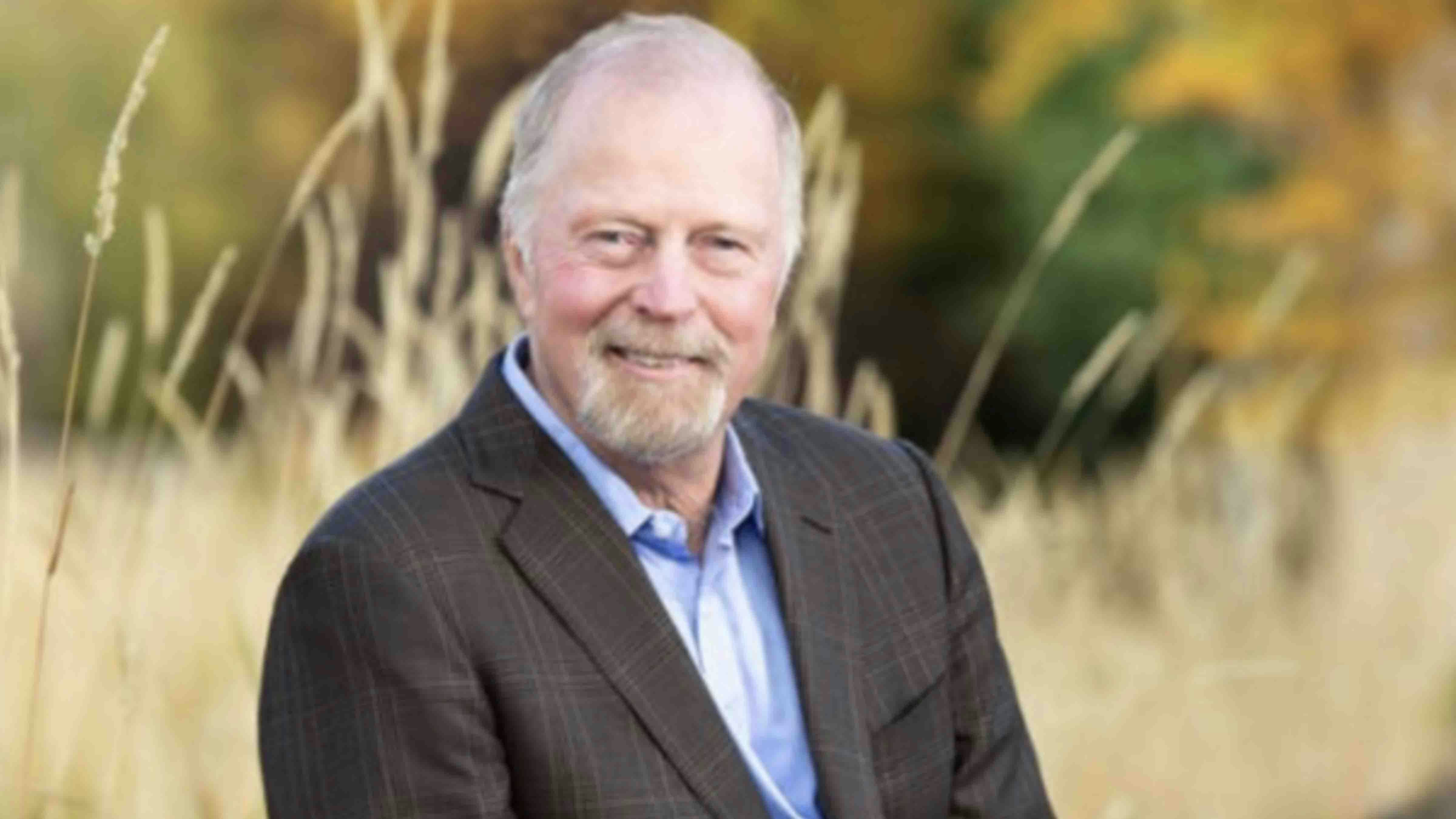In the next day or two, the Parliamentarian of the United States Senate will rule whether a provision sponsored by Sen. Mike Lee of Utah can be a part of President Trump’s Big Beautiful Bill. Regardless of her decision, there is an important lesson on leadership and transparency to be learned from this dust up.
As chairman of the Senate Committee on Energy and Natural Resources, Sen. Lee used his position to add an unvetted proposal to sell public lands to the president’s bill without, I suspect, the full concurrence of his colleagues or the understanding of the public.
The result was a firestorm from confused and angry citizens in Wyoming, Idaho, Montana, and Colorado.
At its core, the senator bypassed the public over their public lands.
Had Sen. Lee been willing to use the committee system, known as regular order, to vet his proposal, it might have turned out better.
For example, I’ve seen different maps circulating on the internet with wildly different descriptions of how much and where land could be sold. Which version is true? Who knows!
But committee hearings with expert witnesses, engaged citizens, and probing senators would have resulted in a much clearer understanding.
There are undoubtedly places in Wyoming where a thoughtful process could benefit the long term needs of the state such as in navigating the convoluted checker board system in southwestern Wyoming or meeting demands for public and private workforce housing in key areas of Wyoming.
But stealthily trying to cut out the public from the process was not the right way.
Wyoming has long been accustomed to using a slow, deliberative, and inclusive process to analyze and solve complicated public lands issues.
Years in the making, the 1978 Surface Mining Control and Reclamation Act, known as SMCRA, set the ground rules for developing Power River Basin coal on BLM lands.
It enabled Wyoming to lead the nation in coal production while still protecting the livelihood of ranchers in the area through accompanying rules on blasting, fugitive dust, aquifer protection, and mine land reclamation.
In the 80s, the Wyoming congressional delegation of Sens. Malcolm Wallop and Al Simpson and Congressman Dick Cheney, set out on a multi-year legislative inquiry to understand what Wyoming citizens thought about US Forest Service lands, and they did it in granular detail.
It was a time consuming and oftentimes frustrating process involving thousands of miles of travel, hundreds of kitchen table sessions, gallons of coffee, and rolling and unrolling countless redrafted maps. Yet it worked.
The resulting Wyoming Wilderness Act of 1984 is a lasting testament to the power of good faith bipartisanship and respectful outreach.
It created the Cloud Peak, Popo Agie, Gros Ventre, Winegar Hole, Jedediah Smith, Huston Park, Encampment River, and Platte River Wilderness Areas, and corridor additions in the existing Teton Wilderness, Fitzpatrick Wilderness, Washakie Wilderness, Absorka-Beartooth Wilderness, and Bridger Wilderness. Vast parcels were also freed up for multiple use.
In a similar fashion, Sen. John Barrasso carried on the vision of Sen. Craig Thomas after his untimely death in 2007 by ensuring protection of important parts of the Wyoming Range – a success that provides thousands and thousands in the Cowboy State generational joy of recreating, hunting, fishing and being public co-owners of this spectacular part of Wyoming.
Today we take these accomplishments for granted but nothing was certain at the time. My hope is that Sen. Lee adopts Wyoming’s proven way of patience and truly listening over coffee if he continues to undertake matters that are so deeply felt by us.
Whether in the state Legislature or in Congress, the public has to be a part of public land decisions. Period.
Rob Wallace served as the Assistant Secretary of the Interior during the first Trump administration. He also spent 10 years working in the United States Senate including four years as Staff Director of the US Senate Committee on Energy and Natural Resources.





